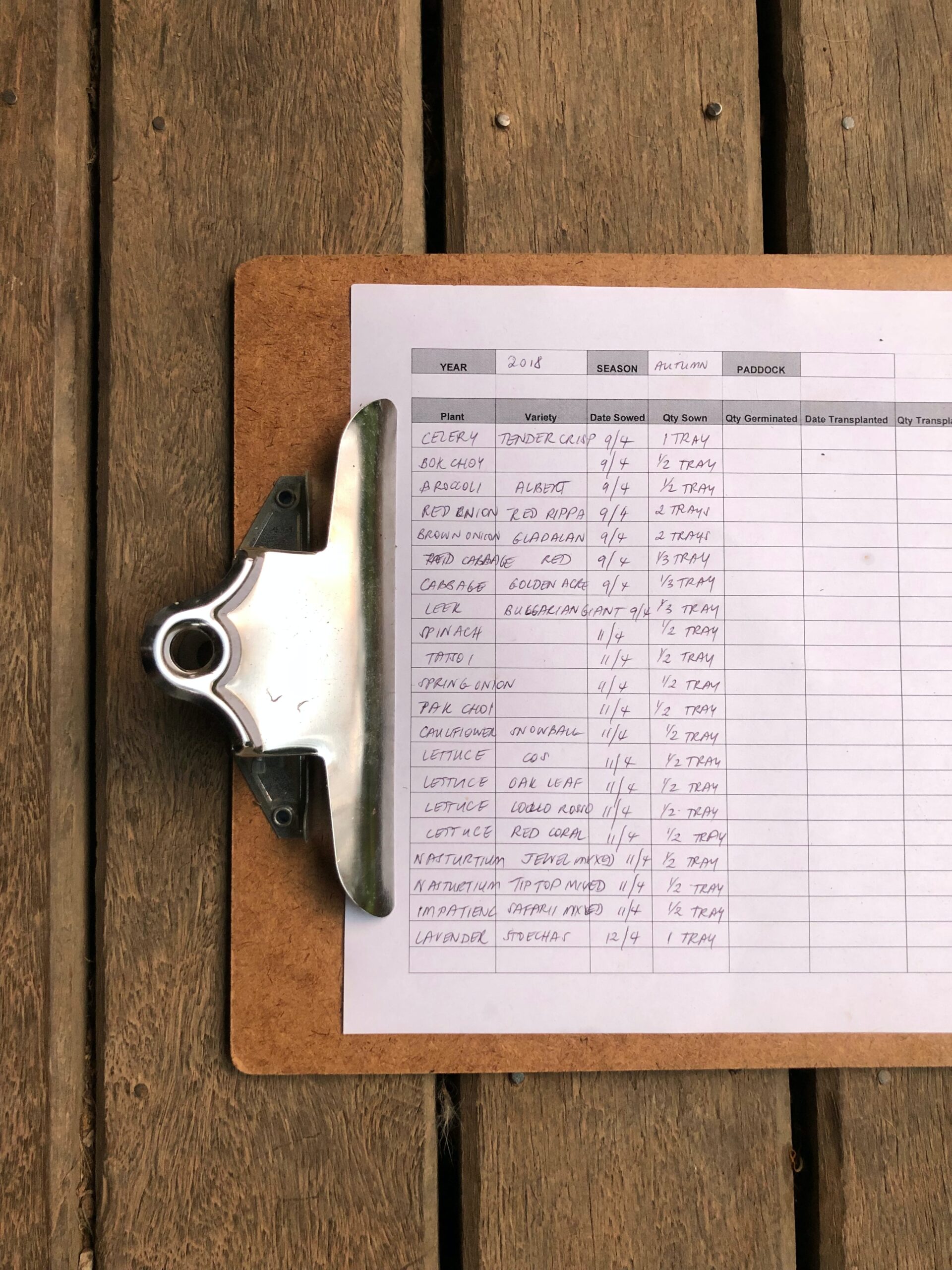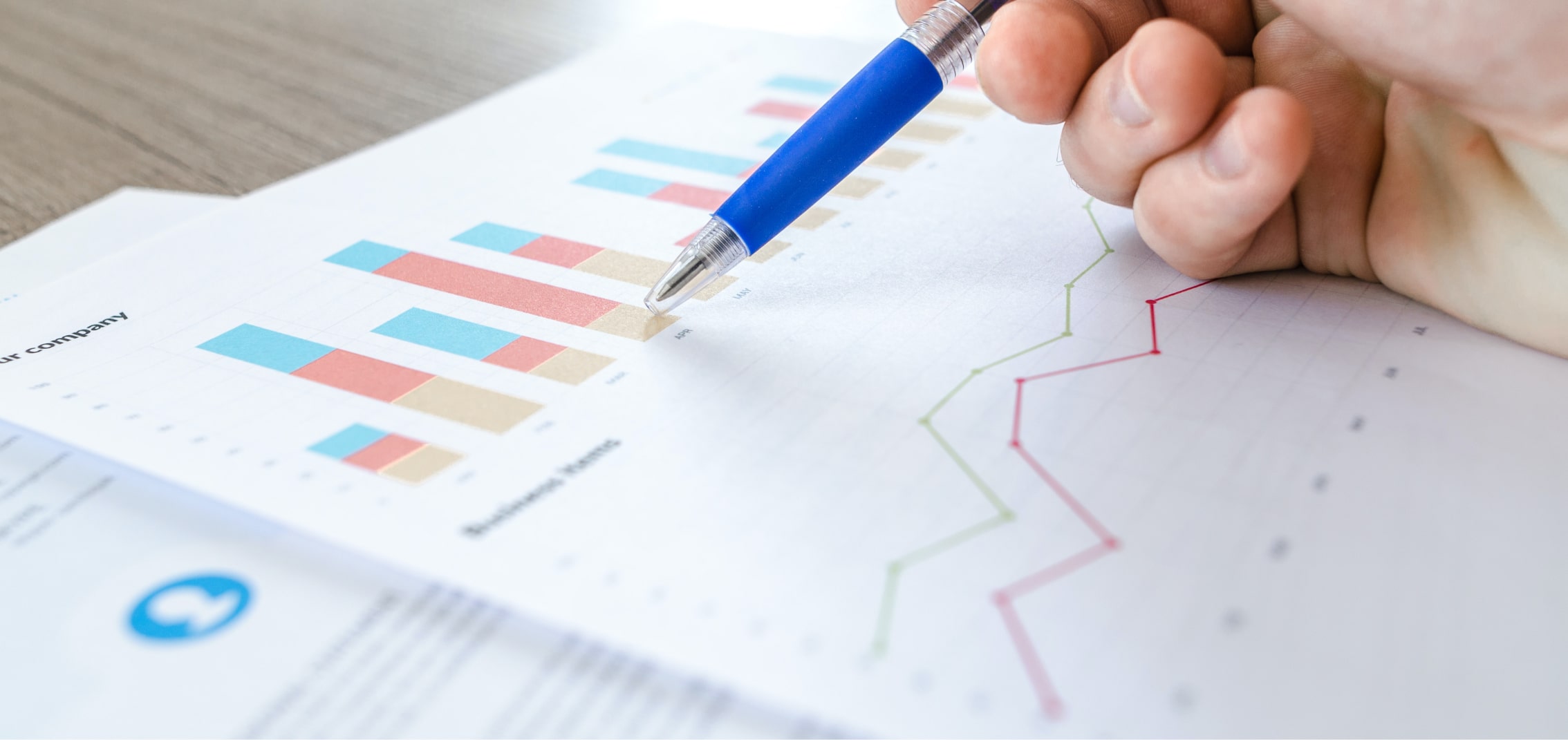Is data collection simply a habit?

29th June 2022
Personal data
I like to run. There’s a saying: “if it’s not on Strava, it didn’t happen”. In other words, if that run isn’t recorded (no data) then where’s the proof you did it? It can become obsessive, at least for me. In the course of over 5 years, I recorded at least one run every day. There was occasionally a panic because my Garmin (other sports tracking watches are available) was low on battery or wasn’t where I expected it to be. The panic existed because it meant I might not be able to record a run and that there would be no evidence of the run that day, and therefore my run streak would be broken, at least on Strava!
But there was more to it it than that. My Garmin records my heart rate, cadence, distance, speed and elevation. I can then add which pair of shoes I wore and therefore how many miles I had done in each pair. I can record how I felt, if it was a trail run, road run, a race or an effort session. Some more sophisticated (and expensive) running watches capture even more data; ground contact time, oscillation etc etc. My point is, every time I or any other runner with a Garmin (or any other kind of device to enable them to record their activity) steps out for a run, they are capturing a wealth of information about that activity. Cyclists do it too, swimmers and even those crazy triathletes do it! You can also record your golf session, your hike, your HIIT workout…
I realise that if you are not a runner, cyclist or golfist then I may be losing you right about now. “What’s he going on about” you might be thinking? Bear with me.
What is essentially a straight forward activity – a run – can provide a wealth of information about that simple activity. This information can be used! It can be a source of discussion and decision making, and you can learn from it, improve or simply continue being the best you can be…. I recorded at least 2,016 consecutive runs. That’s a lot of data. Did I use it to make decisions? Did I use it to help me improve my performances? Undoubtedly. But did I use 100% of that captured data? Definitely not. Maybe around 40-50%.
I know people who would shudder at that confession. Running coaches or really good runners who might (rightly) argue that you simply can’t make the right decisions without using far more that 40-50% of all that data. Decisions which would have helped me improve faster and make greater gains. But the fact remains, I was using the data I had collected to make improvements, to prevent injury by over-training, or simply to compare similar routes, distances or races. Simply having the data meant I could use the it for gain or to prevent problems from occurring. Without that information, perhaps I might have not managed a ‘run-streak’ as long as I did! (Many have done much longer run-streaks by the way).
Business data
So how is all this relevant to businesses? To your business? Or to you personally? I have listed one way in which I capture data and if I think about it, there are more (and they are not related to running). Because I own a business, I must capture financial data and keep proper accounting records. I might choose to store information about my clients, to help me in my marketing. If my business was a shop, perhaps I would record footfall, or the general age or gender of my customers. Whatever a business sells, there will likely be some sort of data stored somewhere about how many of each item or service were sold, when they were sold, how much for and to whom. Perhaps there is data about the interactions leading to each sale; where did the buyer hear from you? Have they purchased from you before?
My point is that to one degree or another, the majority of businesses and many individuals, capture data. Sometimes this is a requirement, such as financial records. Sometimes it is because we can. Data can also be collected out of habit. Whatever the reason, if you think about it for a couple of minutes, you will probably come up with some ways in which you and/ or your business capture data.
Is it simply a habit?
Continuing the narrative regarding the data I capture on my runs, as I mentioned previously, I wasn’t analysing 100% of the data 100% of the time. The same scenario is likely to be true when you consider the data you capture. Maybe you are gathering the information and doing absolutely nothing with it? Yet you still continue to obtain it. Picture the scenario: a business owner and their employees are fastidiously collecting and recording information but never doing anything with it. Why? Habit? The sense that it will come in handy one day? Both are probably equally true. Maybe there was once a time when the data was analysed, but that has since stopped?
I recently read about ‘minimalist running’ (which is more than simply running in barefoot shoes or no shoes at all). To do minimalist running, you ditch the tech! You don’t record your distance, heart rate, cadence etc… Just writing about it makes me shiver, so I completely get why people continue to record data, even if there is seemingly no benefit at the other end. If you are in the situation where you are capturing data and never analysing it (and it’s not a legal requirement to capture it), perhaps consider the equivalent of ‘minimalist running’ in your situation. Does it make you feel liberated or cold and scared?
Stop doing it, or use it!
Maybe you would feel liberated by not obtaining and recording that unused information. Just take a moment to consider the consequences. If there are none you can think of, go ahead and stop doing it. Would you be able to use that time saved on something else? Probably. Would it simply make you a little bit happier each day? Probably. Don’t do something just for the sake of doing it, but the caveat to that is, you need to be really sure that you won’t look back on that decision and regret it.
- If the answer is cold and scared, then I would seriously consider looking at a way to analyse that wealth of information you have stored. If you don’t, it is a bit like me leaving the house and getting in the car each morning to drive 20 miles to work, when I work from home. It’s pointless. You may find that this solves your problem (do you go ‘minimalist’ or not), as the data you have may give you nothing of use.
- However, more likely you will have useful information to interrogate and provide you with answers. It might even increase your profit?

